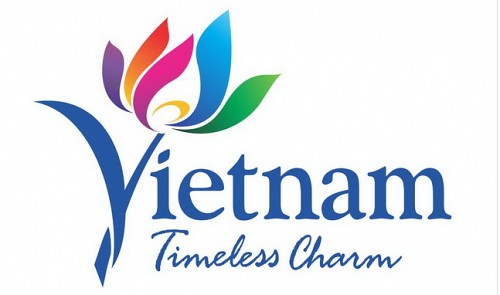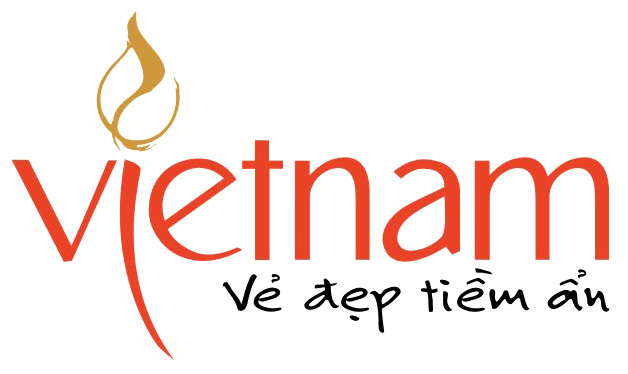A PHP Error was encountered
Severity: Notice
Message: Trying to get property of non-object
Filename: news/trangchu_chitiet_view.php
Line Number: 60
A PHP Error was encountered
Severity: Notice
Message: Trying to get property of non-object
Filename: news/trangchu_chitiet_view.php
Line Number: 63
A PHP Error was encountered
Severity: Notice
Message: Trying to get property of non-object
Filename: news/trangchu_chitiet_view.php
Line Number: 66
A PHP Error was encountered
Severity: Notice
Message: Trying to get property of non-object
Filename: news/trangchu_chitiet_view.php
Line Number: 69
A PHP Error was encountered
Severity: Notice
Message: Trying to get property of non-object
Filename: news/trangchu_chitiet_view.php
Line Number: 73
A PHP Error was encountered
Severity: Notice
Message: Trying to get property of non-object
Filename: controllers/news.php
Line Number: 210
A PHP Error was encountered
Severity: Notice
Message: Undefined offset: 1
Filename: controllers/news.php
Line Number: 213
A PHP Error was encountered
Severity: Notice
Message: Trying to get property of non-object
Filename: controllers/news.php
Line Number: 219
A PHP Error was encountered
Severity: Notice
Message: Trying to get property of non-object
Filename: controllers/news.php
Line Number: 229
A PHP Error was encountered
Severity: Notice
Message: Trying to get property of non-object
Filename: controllers/news.php
Line Number: 230
A PHP Error was encountered
Severity: Notice
Message: Trying to get property of non-object
Filename: controllers/news.php
Line Number: 231
A PHP Error was encountered
Severity: Notice
Message: Trying to get property of non-object
Filename: controllers/news.php
Line Number: 233
A PHP Error was encountered
Severity: Notice
Message: Trying to get property of non-object
Filename: controllers/news.php
Line Number: 234
A PHP Error was encountered
Severity: Notice
Message: Trying to get property of non-object
Filename: controllers/news.php
Line Number: 237
A PHP Error was encountered
Severity: Notice
Message: Trying to get property of non-object
Filename: controllers/news.php
Line Number: 238
A PHP Error was encountered
Severity: Notice
Message: Trying to get property of non-object
Filename: controllers/news.php
Line Number: 239
A PHP Error was encountered
Severity: Notice
Message: Trying to get property of non-object
Filename: controllers/news.php
Line Number: 240
A PHP Error was encountered
Severity: Notice
Message: Trying to get property of non-object
Filename: controllers/news.php
Line Number: 241























